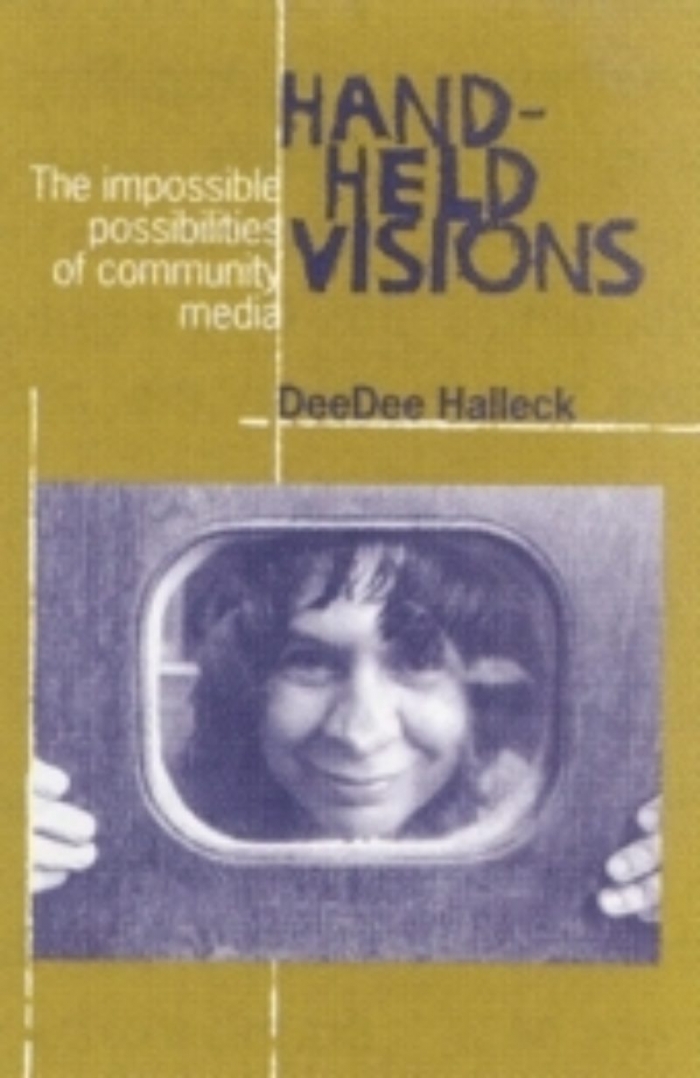In Manhattan Community Access Corporation v. Halleck (2019), a sharply divided U.S. Supreme Court ruled that a private corporation that oversees public access channels in Manhattan is not a state, or governmental actor, subject to First Amendment constraints.
The Court determined that “operation of public access channels on a cable system is not a traditional exclusive public forum.”
Documentary maker claims free speech rights violated by public access channel
DeeDee Halleck and Jesus Papoleto Melendez produce public access programming in Manhattan. They produced a documentary about Manhattan Neighborhood Network (MNN) that depicted the private company as being neglectful of the East Harlem community. Halleck submitted the documentary to MNN to air on MNN’s public access channels. MNN refused to air the film and subsequently suspended Halleck from using the public access channels.
In response, Halleck and Melendez sued MNN, alleging that the company violated their First Amendment free-speech rights by restricting their access to the public access channels. A federal district court dismissed the lawsuit, finding that MNN is not a state actor.
On appeal, the 2nd U.S. Circuit Court of Appeals reversed, finding that MNN qualified as a state actor because it performed a traditional public function in regulating speech on the public access channels.
Supreme Court rules public access channel operator not a state actor, not subject to First Amendment
On further appeal, the U.S. Supreme Court reversed the 2nd Circuit and determined that MNN was not a state actor and, thus, not subject to the First Amendment.
“The threshold problem with [Halleck and Melendez’s] First Amendment claim is a fundamental one: MNN is a private entity,” wrote Justice Brett Kavanaugh for the majority.
“The relevant function in this case is operation of public access channels on a cable system,” wrote Kavanaugh. “That function has not traditionally and exclusively been performed by government.” Kavanaugh rejected the idea that MNN violated the First Amendment because MNN committed viewpoint discrimination in a public forum.
“Providing some kind of forum for speech is not an activity that only governmental entities have traditionally performed,” he wrote. “Therefore, a private entity who provides a forum for speech is not transformed by that fact alone into a state actor.”
Kavanaugh cited with favor the Court’s decision in Hudgens v. NLRB (1976), a decision in which the Court held that a privately owned shopping mall was not a governmental actor.
Dissenting opinion argues public-access channels are a public forum, and so are operators
Justice Sonia Sotomayor authored a dissenting opinion, reasoning that MNN was a state actor when it regulated speech on public-access channels, a public forum. “If New York’s public-access channels are a public forum, it follows that New York cannot evade the First Amendment by contracting out administration of that forum to a private agent,” she wrote.
“The First Amendment does not fall silent simply because a government hands off the administration of its constitutional duties to a private actor,” she wrote.

